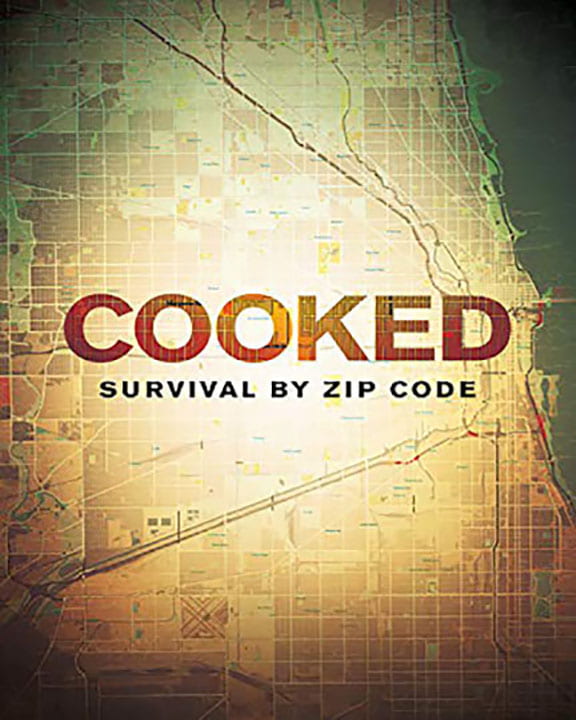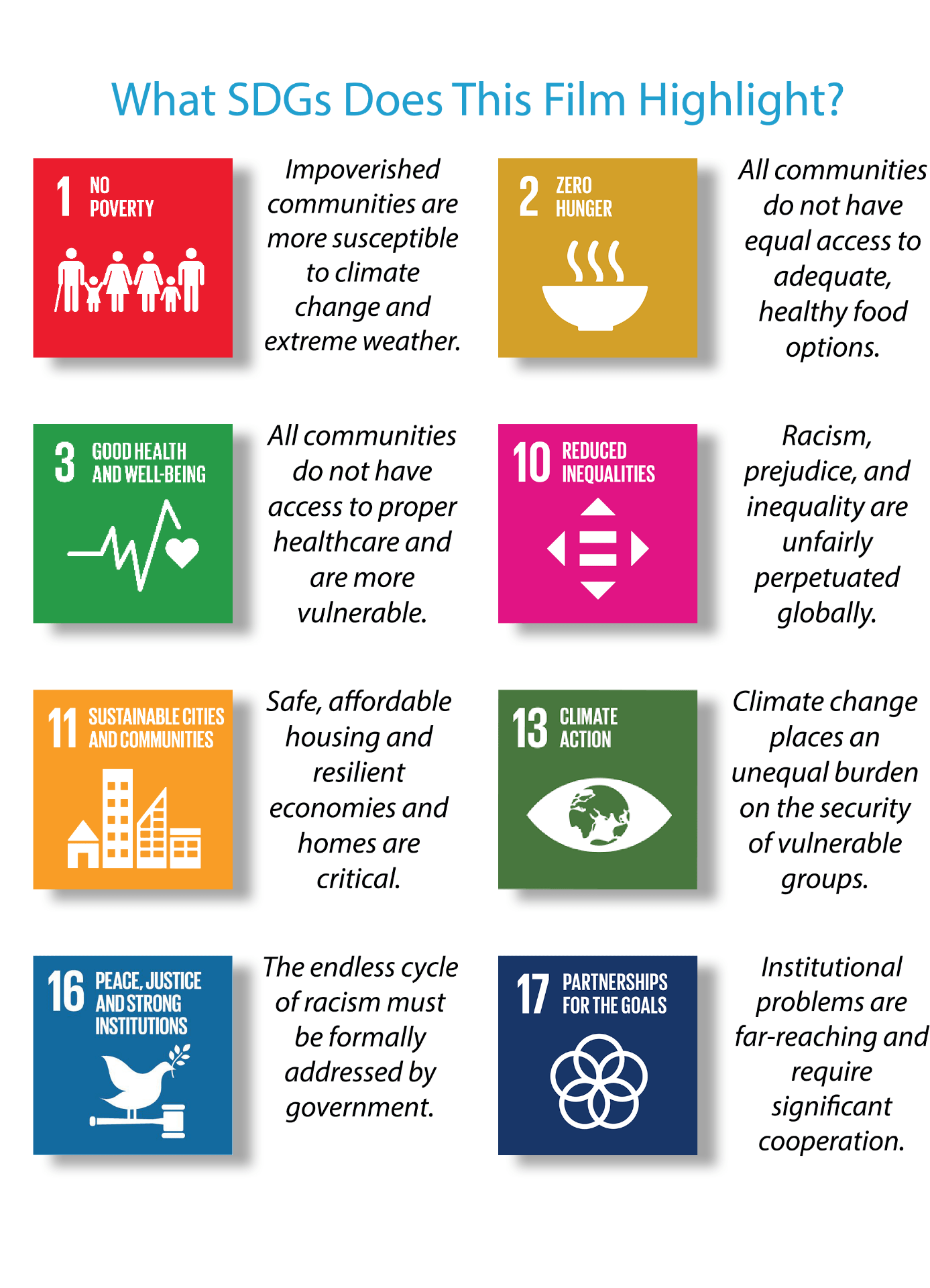COOKED: Survival by Zip Code
Wednesday, February 12, 2020 @ 7PM
The State Theatre, 130 W. College Ave.


Judith Helfand (2018, U.S., 76 min.)
739. The 1995 Chicago heat wave, with temperatures reaching 106⁰F (41⁰C) and oppressive humidity, ended with the deaths of 739 Chicago residents. Disturbing footage of bodies being removed from homes one-after-another during the heatwave filled the news. Worse yet, the city of Chicago was so overwhelmed with bodies that large industrial refrigeration trucks were brought in to supplement morgue space. One of the worst natural disasters in U.S. history but . . . who remembers this? What is it about the “slow violence” (to borrow scholar Rob Nixon’s term) of a heat wave that makes it not register in our imaginations like a hurricane or earthquake? And if we don’t register the violence of natural disasters like heat waves, how can we register the slow violence of manmade disasters like poverty? More problematic still, how do we comprehend the collision of slow violences like climate change and racism?
These are the questions Judith Helfand tackles with her trademark wit, insight, and determination in COOKED: Survival by Zip Code. When “natural” disasters consistently lead primarily to deaths of the poor and/or communities of color, we need to rethink our definition of “natural” and our approach to disaster preparedness. If the majority of the dead in Chicago died because they lived in neighborhoods where they were afraid to open their windows to ventilate their apartments–choosing safety from crime over safety from heat–just sending in the Red Cross and FEMA after the temperature rises may not solve the problem. We need to act systemically as a society before disasters strike. As Helfand notes: our zip code should be just a routing number, and not a life-or-death sentence. This is a powerful, indeed MUST SEE film! (Filmmaker was in attendance with post-film discussion panel also featuring Isaac Vergun, a youth climate activist, and Cecilio Ortiz García, a visiting professor at Penn State working on universities’ responses to natural disasters.)
A much-needed slap in the face to the American people… It’s time that those of us with privilege do something to help those who don’t.